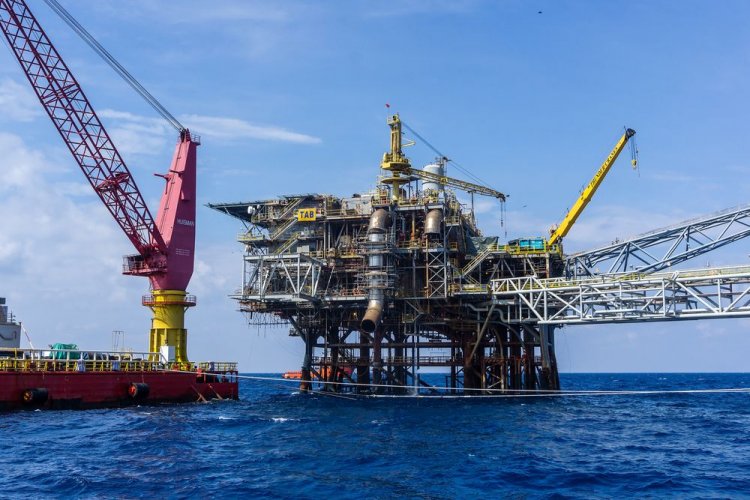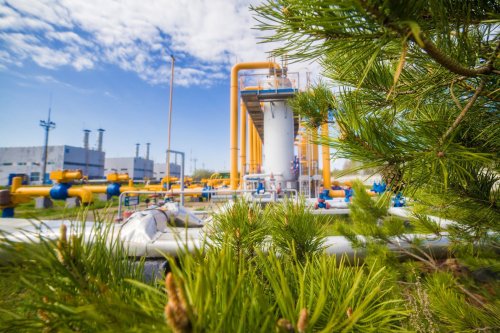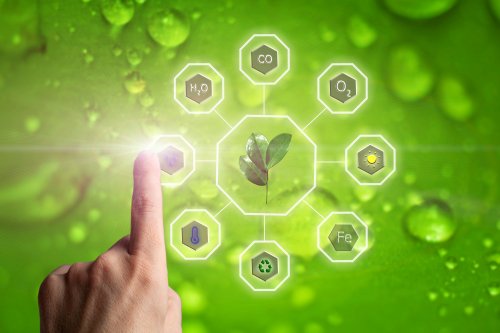The UK's Sustainable Investment and Finance Association (UKSIF) has expressed concern over the government's announcement of the inclusion of natural gas in the green finance taxonomy.
Minister of Business and Energy Kwasi Quarteng seeks to classify North Sea natural gas production as "environmentally sustainable" in the future financial taxonomy, according to edie.
The association represents more than 270 organizations, including banks, financial advisory companies, investors and pension funds, which together manage more than 10 trillion pounds.
The taxonomy should be published by the end of 2022. All activities that will be labeled as "environmentally sustainable" must not harm emissions mitigation and adaptation.
The material noted that the Quarteng wants to see natural gas as a transitional fuel, as well as to include nuclear energy in the taxonomy of green finance.
The recent Energy Security Strategy, criticized by green groups for lost opportunities for energy efficiency and renewable energy on land, confirmed that a new round of licensing of oil and gas fields would begin in autumn 2022. The strategy also included a new commitment for the UK to deploy 24 GW of installed nuclear capacity by 2050.
"As we emphasized last week, the inclusion of natural gas will radically change the purpose of taxonomy as a science-based tool for determining what is green for investors today, and is directly at odds with Britain's ambitious decarbonisation goals," said UKSIF Executive Director James Alexander.
He also added that the UK should learn the right lessons from the EU's recent experience with its taxonomy, ie not use taxonomy as a direct policy tool for energy security policy. The implementation of this initiative could seriously damage the UK's leadership position in sustainable financing in the coming years.
The EU Sustainable Funding Taxonomy was published in February 2022 and covers three categories of activities:
- those that "significantly" contribute to environmental progress;
- those that allow for other environmentally beneficial transitional activities;
- those that are transient.
Nuclear and natural gas power plants, as well as natural gas and oil production, are classified as transitional in the EU taxonomy. However, many organizations hoped that to support the bloc's climate goals by 2050, all oil and gas activities would be called unviable.
"Excluding gas from the UK's own environmental taxonomy is a great opportunity for a constructive deviation from EU rules that will improve competitiveness in an important area. We can have a credible, scientifically sound green taxonomy that will be accepted worldwide because it is trusted by the market. by supporting the UK's leadership in green finance, or we can get something that has nothing to do with it being destroyed, "said Oxford Sustainable Finance Group CEO Ben Caldecott.
Criticism of branding gas as "green" is that, according to the International Energy Agency's 2050 scenario with zero energy systems, it limits the expansion of future pipelines for oil and gas production after 2021. Similarly, the latest UN Climate Report recommends significantly reducing the world's operational and planned fossil fuel extraction and combustion.
However, Quarteng argues that the UK will not be able to meet all of its energy and nuclear energy needs for the next ten years, and said it would be better to use North Sea fossil fuels than to import them from abroad.
However, the material noted that oil and gas produced in British waters do not automatically enter its market, because the extracted fuel belongs to licensees and is sold to those who offer the highest price.
We will remind, Britain has developed energy security strategy.
As EcoPolitics reported earlier, the port of Rotterdam predicted an increase in supplies hydrogen to Europe by 2030.





